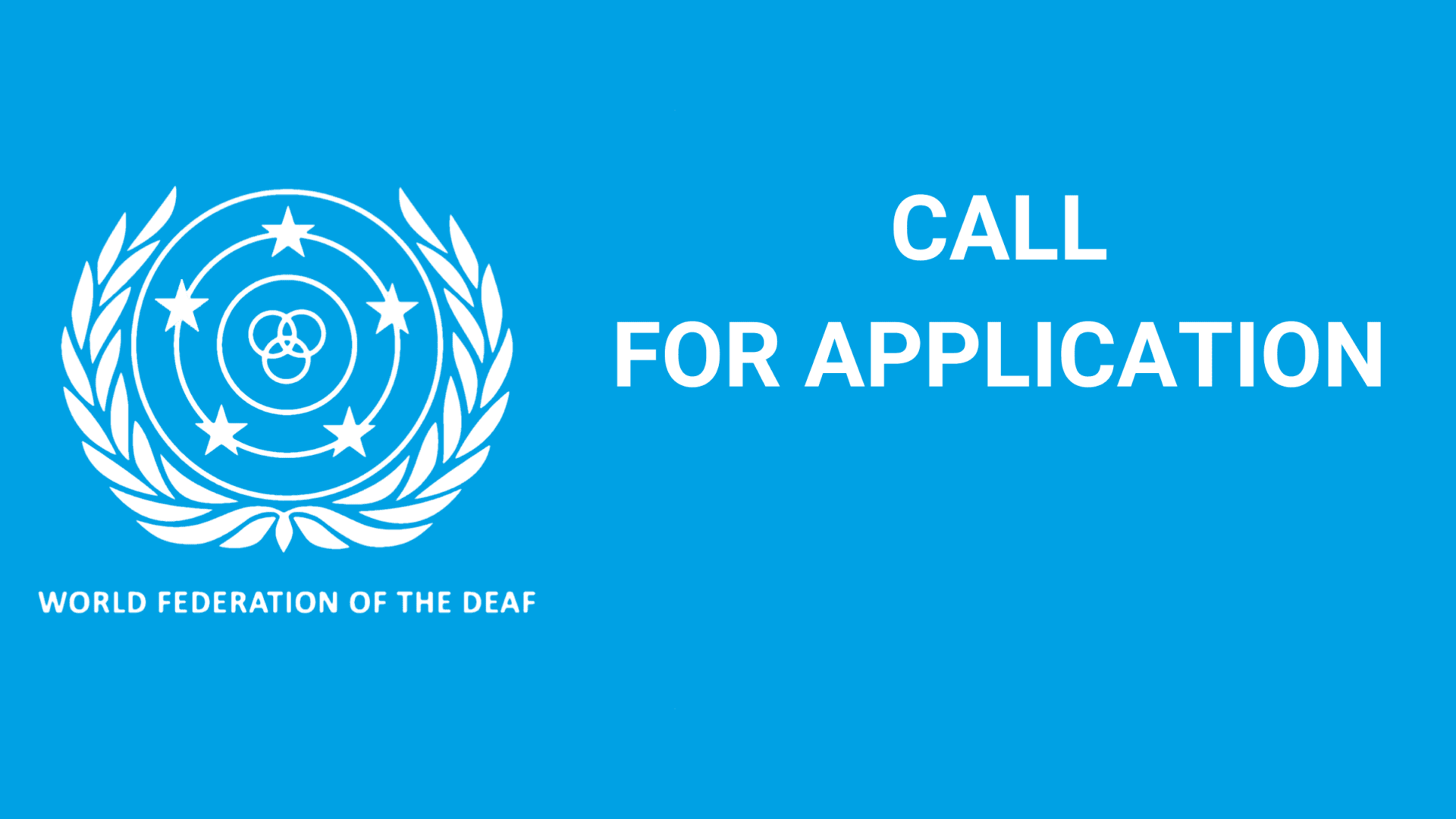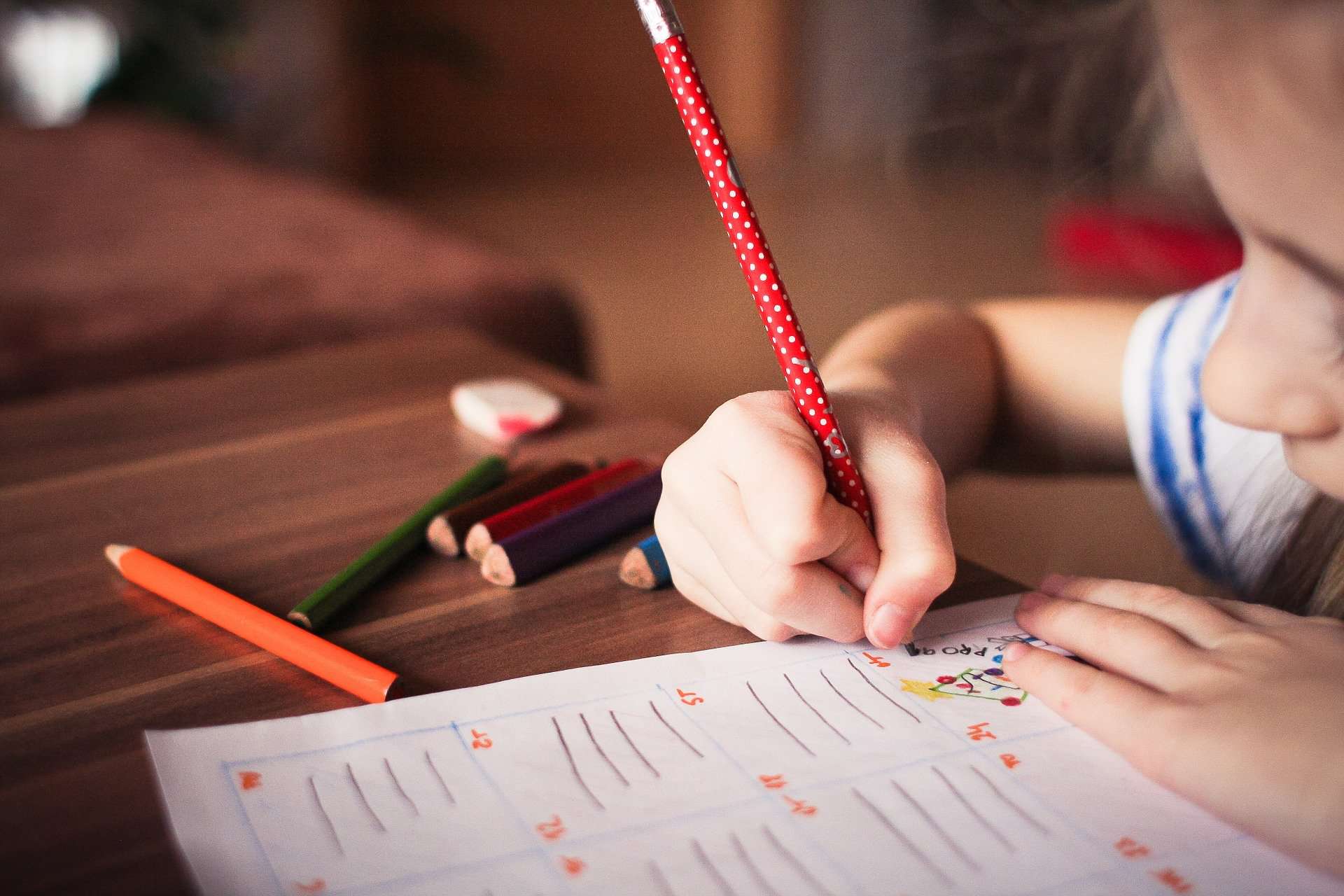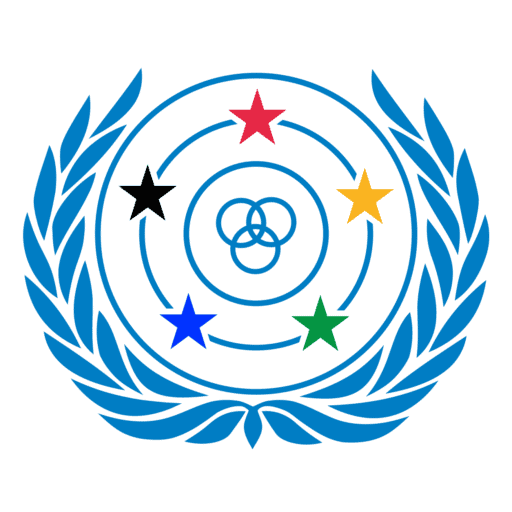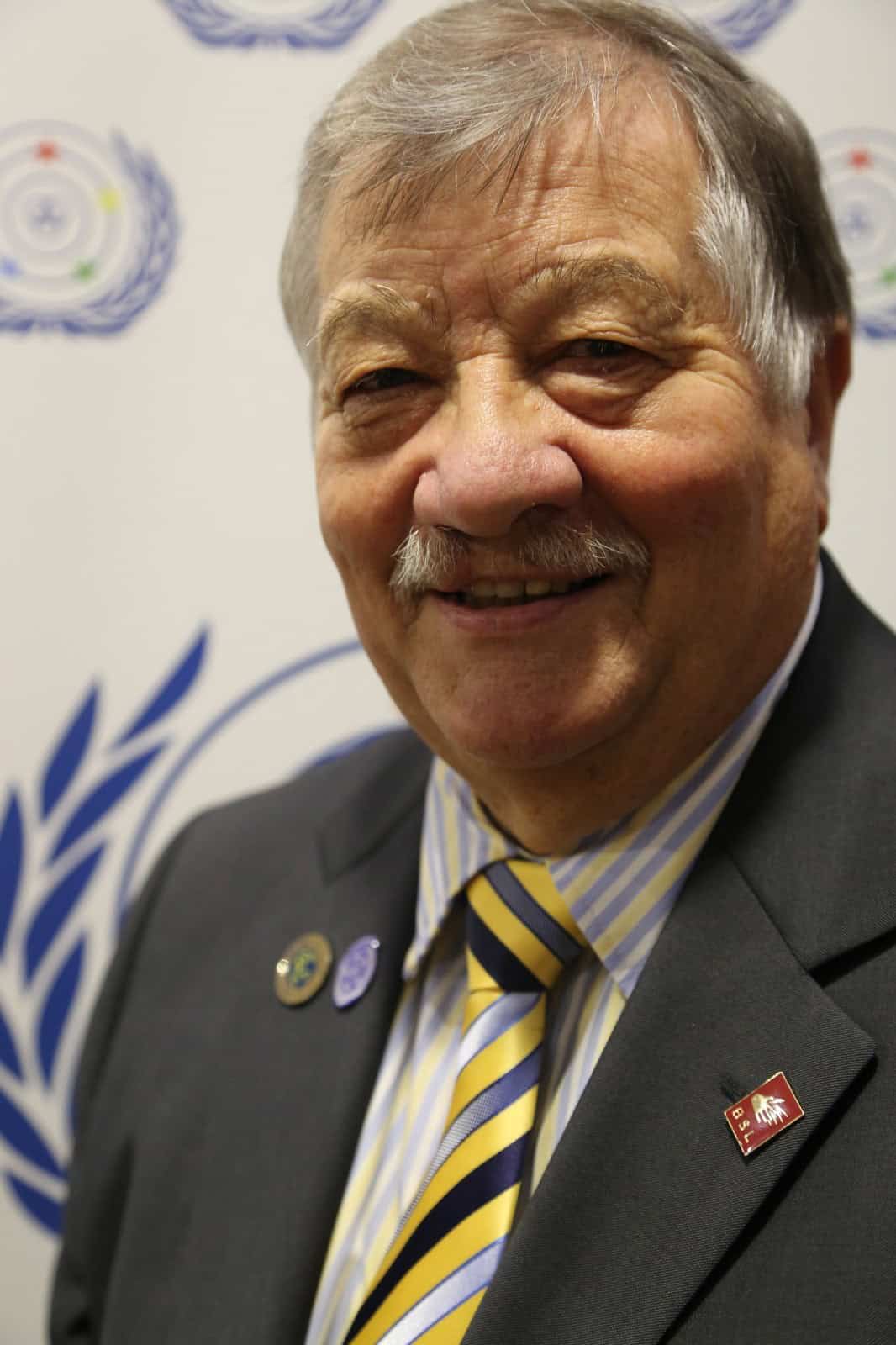Colin Allen, WFD President, reports at the end of the fifth session of the UN Conference of State Parties (COSP) to the Convention on the Rights of Persons with Disabilities (CRPD) in New York. Mr Allen attended as WFD President with Jenny Nilsson, the WFDYS President.
There were 117 Country Governmental delegates, possibly including one or two who were deaf themselves, which was a pity, as there are many deaf leaders worldwide. It is important to be aware about how deaf people can get involved as Government delegates; deaf people need to be actively involved with national disability organisations in their home countries to enable them to be picked to represent their countries at United Nations (UN) meetings.
Why is it important for deaf people to be involved? Deaf people as government delegates can share good practice and challenges in the implementation of the Convention at UN meetings. It would also help the WFD to be aware of good work being done by different countries with the UNCRPD.
This year’s session covered a lot of different talks relating to different themes, such as Women with Disabilities and Children with Disabilities. A lot of women with disabilities are often treated unequally, discriminated against in employment, and experience higher rates of sexual abuse. Children with disabilities are also treated unequally, and are less able to advocate for themselves when it comes to fighting this discrimination and accessing services. There were sad stories of children with disabilities being physically abused in institutions; being chained up and given electric shock treatments.
The theme of Technology and Accessibility was also covered. As technology is developing at a fast rate, there were discussions on how improved accessibility can benefit all in society. For example, computers and the internet are important resources for deaf people, with accessible information in text and sign languages alike.
Lastly, there will be a high-level meeting of the General Assembly on Disability and Development in New York on 23rd September 2013, with an important focus on disability and development. The UN has ratified the eight different Millennium Development Goals (MDGs), covering issues such as education and employment. Some progress has been made in improving the situation of persons with disabilities. However, in spite of such gains, greater efforts are needed to ensure that development processes, including MDGs, include persons with disabilities; hence the meeting in September 2013 to discuss this. Like the WFD President mentioned earlier, it is important for deaf people to be actively involved in the disability movement, to give a strong message about the lack of equal participation of persons with disabilities in society.
Some exciting news was shared in New York; the Israeli Government has announced that they have ratified the UNCRPD, meaning there are now 120 countries that have done so. The WFD President congratulates Israel for its ratification.
The WFD President was delighted to attend the meeting with Jenny Nilsson and Joseph Murray. The three of them represented deaf people across the world, WFD and WFDYS, alongside a small group of other deaf people from different countries. Mr Allen would like to see more deaf people at future COSP meetings and stressed that deaf people need to talk with their national associations and governments to ensure their participation at these meetings.
The WFD Board will meet in Geneva, Switzerland, in November. They hope the new hard of hearing UNCRPD Committee member, Dr László Gábor Lovázy from Hungary, will attend, as they would like to explain the rights of deaf people in relation to sign language, education and interpreting.
The International Disability Alliance will meet in March 2013 (the country is not yet confirmed). It would be interesting to review WFD’s work to date.
The President would like to thank you for watching our videos in the last few days, and hopes that you will learn more about the work that the WFD and WFDYS Boards do for deaf people, young deaf people and deaf children across the world.



